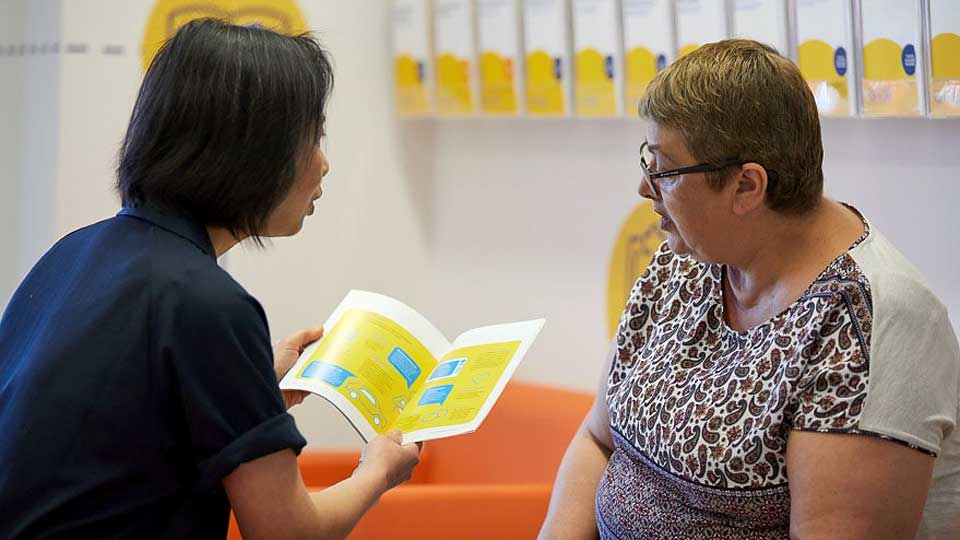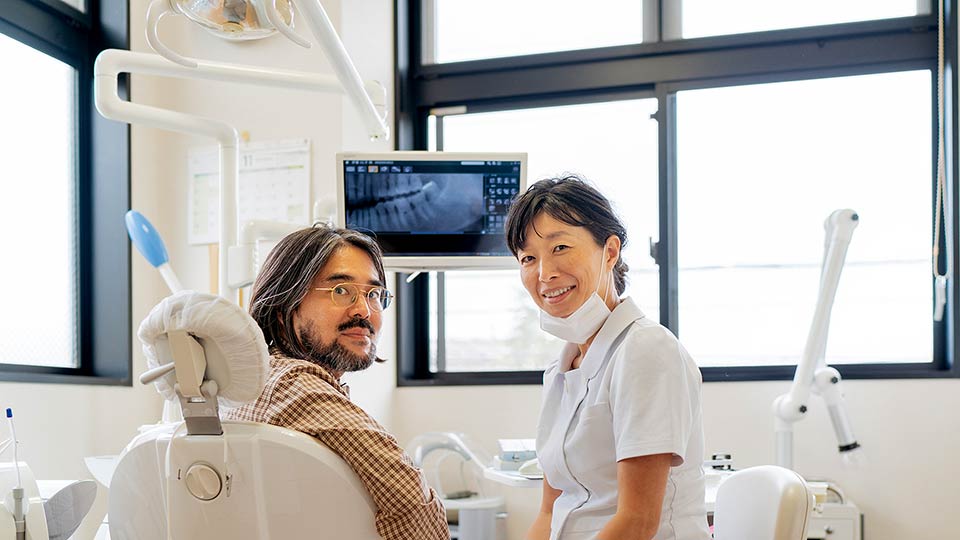I recently launched two education programs designed to raise awareness of human papillomavirus related oropharyngeal cancer (HPV+ OPSCC) among GPs.
Online Training – Think GP
The first of the two programs is an online module available on the platform Think GP. It is titled “HPV and oropharyngeal cancer: Connecting the dots”. The training module, which takes approximately one hour to complete and is worth two continual professional development (CPD) points, is available to members of the Royal Australian College of General Practitioners (RACGP) and the Australian College of Rural and Remote Medicine (ACRRM). It can be can be accessed here. Think GP is Australia’s leading online CPD education platform.
In Person Training – GPCE
The second GP education program is a face-to-face class at the Sydney, Brisbane and Melbourne GPCE (General Practice Conference & Exhibition). This masterclass, called “The Changing Face of Head and Neck Cancer”, is also worth CPD points. It focuses on the way HPV+ OPSCC differs to traditional head and neck cancers, particularly in the way it presents, behaves epidemiologically, and the excellent treatment options available to patients. I presented at the Sydney GPCE in May and will be presenting in Brisbane on the 11th and 12th of September, and in Melbourne on the 13th and 14th of November.
The class includes a hands on demonstration detailing how to palpate the neck, and examine the oral cavity. Good lighting and getting your hands in and around the patient’s mouth are key. A quick glance with a pen light won’t do. A practitioner needs to use both hands as the tongue and lips need to be mobilised.
Response
The ThinkGP module went live in March and to date more than 180 practitioners enrolled in the course. The May GPCE event was well attended, and provided me with some great feedback from GPs, as well as insight into their perspective. In particular they were very surprised to learn about the excellent prognoses and outcomes available to patients diagnosed with HPV+ OPSCC.
Raising awareness – choose your audience
I know there are a lot of people, like me, who are passionate about raising awareness of HPV related oropharyngeal cancer. But we have to be realistic. Yes, it is a cancer which is an emerging epidemic, currently Australia’s fastest growing cancer in terms of rate of incidence, but it is still a rare cancer.
We cannot expect the general public and mainstream media to understand HPV related oropharyngeal cancers in the same way they understand common cancers such as breast cancer and prostate cancer.
I wish it were otherwise. As a head and neck surgeon and Director of Cancer Services, St Vincent’s Sydney, I become very envious when I see the attention and resources directed towards cancers with a higher profile and higher rate of incidence than head and neck. But this experience has taught me to concentrate my efforts on raising awareness among GPs.
GPs have a lot on their plate. HPV+ OPSCC is not a disease many of them will often see. It is also a difficult disease to diagnose because the symptoms are typically varied and nondescript. Think about if from the GP perspective – if a patient’s only symptom is a persistent sore throat or earache, and have no history of smoking, then it is easy to understand how practitioners might assume they are looking at a cold which is taking longer than average to clear. My training modules are designed to change this approach.
Delays in diagnosis are improving
Earlier this year, I published an article in the Australian New Zealand Journal of Surgery outlining the problem of delayed diagnosis of HPV+ OPSCC patients observed over a six year period between 2017 and 2012. Our study found that some patients were waiting forty weeks for a diagnosis. Today I am pleased to report that I am seeing patients being diagnosed and referred at a much faster rate. This is in part due to increased awareness among GPs, with regional and rural GPs leading the way.
Thank you
I want thank Holland Healthcare and Team Medical for their sponsorship of my Think GP and GPCE presentations. I am extremely grateful for their contribution to raising awareness of head and neck cancer. I also want to thank the post-treatment patients who consented to having their photo included in my GPCE talk. Your smiling faces tell a story I could never put into words.
References
Floros, P., Rao, A., McCloy, R. A., Sim, H. W., Chin, V. T., Leavers, B. C., Crawford, J. A., & Gallagher, R. M. (2021). Altered presentation of oropharyngeal cancer, a 6-year review. ANZ J Surg. doi: 10.1111/ans.16537




